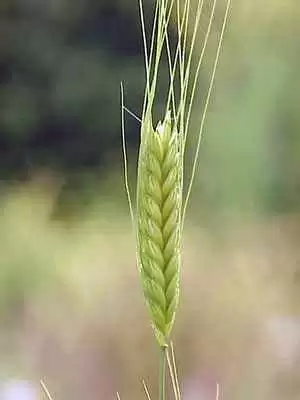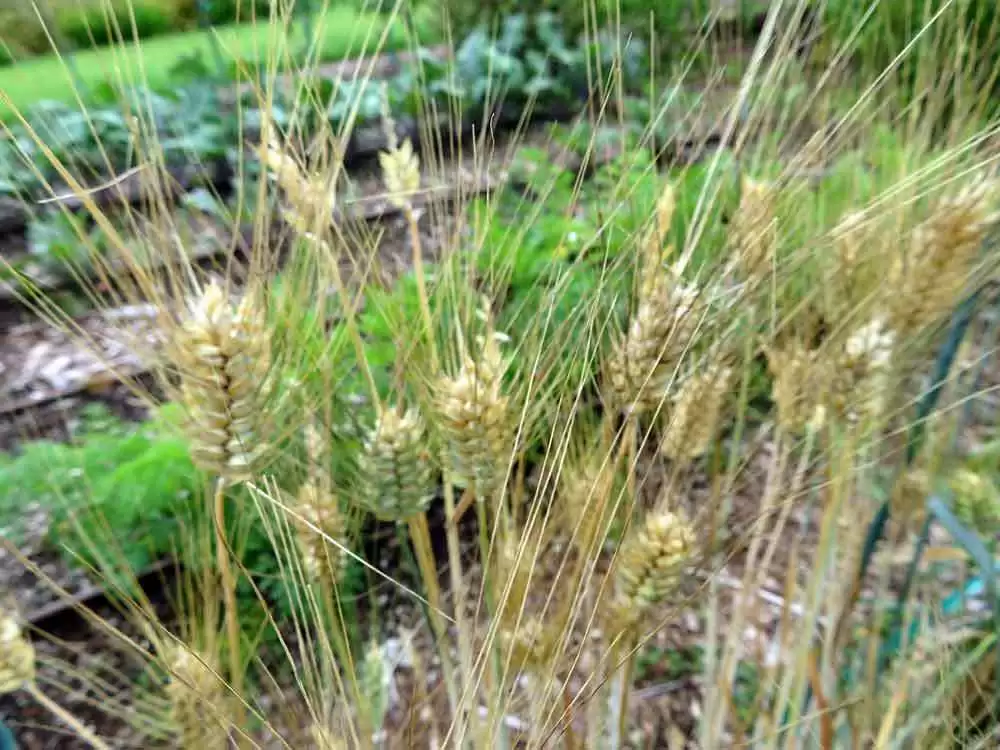
Celiac.com 11/11/2014 - There have been claims that certain strains of wheat, especially ancient strains, such as einkorn, do not trigger adverse reactions in people with celiac disease, or that they trigger less severe reactions.
Until now, researchers haven't been able to say for certain that celiac disease patients react adversely to all varieties of wheat, or whether there may be differences in reactions to certain strains.
Celiac.com Sponsor (A12):
A research team recently evaluated the safety of ancient strains of wheat in celiac disease. The researchers included Tanja Šuligojemailemail, Armando Gregorinidemail, Mariastella Colombaeemail, H. Julia Elliscemail, and Paul J. Ciclitirac
To get a better idea of the nature of celiac factions to wheat, the team studied seven Triticum accessions showing different origin (ancient/modern) and ploidy (di-, tetra- hexaploid).
In all, they tested ancient Triticum monococcum precoce (AA genome) and Triticum speltoides (BB genome), accessions of Triticum turgidum durum (AABB genome) including two ancient (Graziella Ra and Kamut) and two modern (Senatore Cappelli and Svevo) durum strains of wheat and Triticum aestivum compactum (AABBDD genome).
They evaluated small intestinal gluten-specific T-cell lines generated from 13 celiac patients with wheat accessions by proliferation assays. They found that all strains of wheat they tested triggered a range of adverse responses, independent of ploidy or ancient/modern origin.
Based on these results, they suggest that all strains of wheat, even ancient strains previously suggested to be low or devoid of celiac toxicity, should be tested for immunogenicity using gluten-specific T-cell lines from multiple celiac patients rather than gluten-specific clones to assess their potential toxicity.
They also emphasize the need for celiac patients to follow a strict gluten-free diet, including avoidance of ancient strains of wheat.
Source:
- Open Original Shared Link






Recommended Comments
Create an account or sign in to comment
You need to be a member in order to leave a comment
Create an account
Sign up for a new account in our community. It's easy!
Register a new accountSign in
Already have an account? Sign in here.
Sign In Now